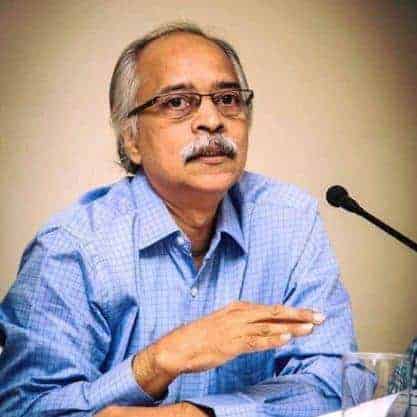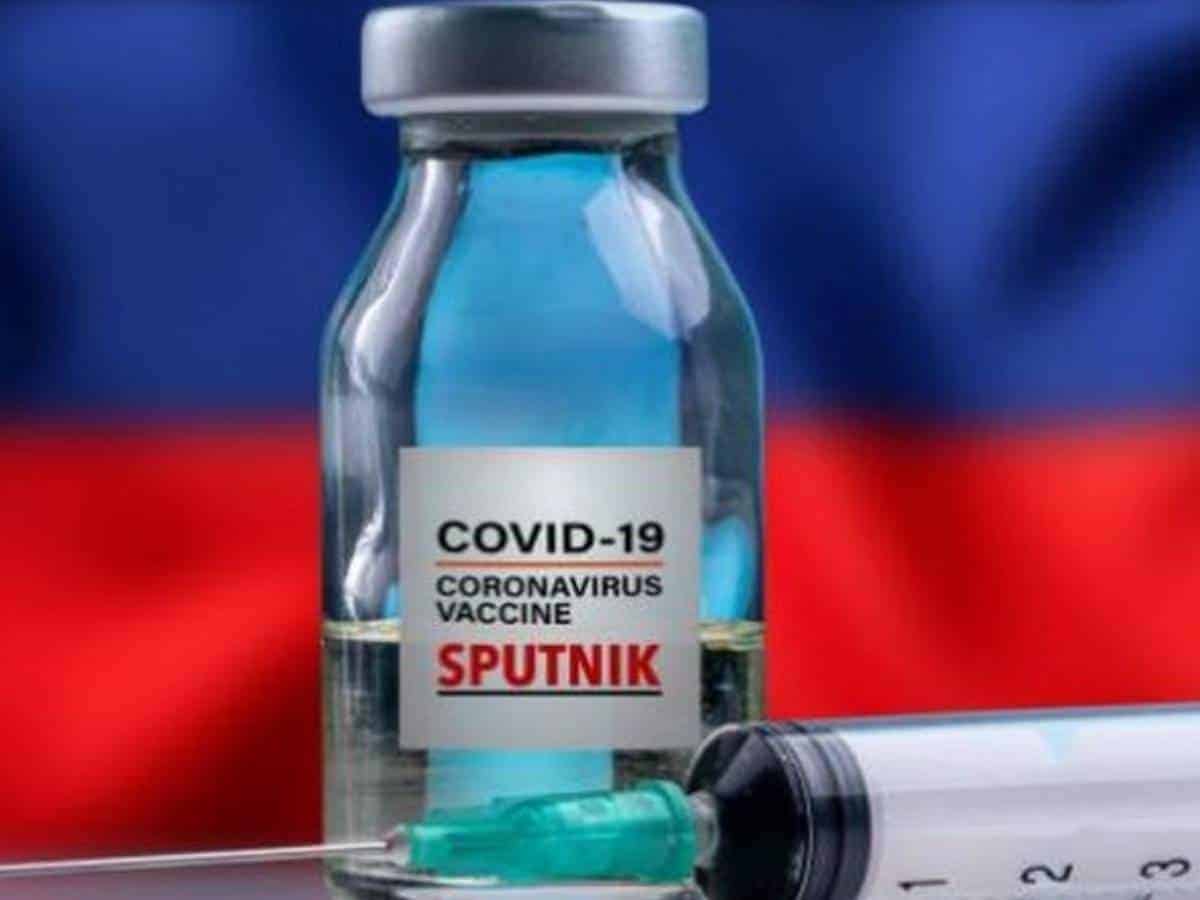
The announcement by Union Health Secretary, Rajesh Bhushan that citizens between 18-44 years should register on the COWIN portal for vaccination and receive the jabs on payment from private facilities, perhaps opens up a huge market opportunity to vaccine makers & hospitals. The only caveat is states will have the discretion of bearing the costs.
While the incentive to the private sector may spur the production, availability and accelerate the vaccination drive, the decision has raised many important questions. Should vaccines which are critical, especially in such a pandemic situation be priced high and left to market forces? Should the government not carry out a national immunisation drive by bearing the costs from tax payer money? Should a public-private partnership be built to make the vaccines affordable?
In the words of former Union Health Secretary, K Sujatha Rao “If the government agrees to Rs 400 per dose of vaccine, it will be the highest price ever paid. We have only seen prices crash when the Government enters with its market power. Why it is not using that and other powers to provide free vaccine to all is inexplicable.”
In the past many decades, the Union government has been supplying drugs and vaccines for infectious diseases under the National Programme to the States. This is perhaps the first time that the states are being asked to buy their own vaccines at a price determined by the manufacturing companies.
In the last few days, Bharat Biotech, Hyderabad, the manufacturer of Covaxin has announced a price of Rs 600/- per dose for States and Rs 1200 for Private hospitals. This translates to states paying four times higher price they are getting from Centre ( Rs 150 per jab) and eight times for private hospitals. Bharat Biotech, intends to maintain the price at Rs 150/- in its supply to the Centre.
On the other hand the Serum Institute of India (SII), Pune the maker of Covishield has fixed the price at Rs 400 for States and Rs 600 for private hospitals. SII, which is manufacturing the vaccine developed by Oxford University, in collaboration with AstraZeneca is seeking a price of Rs 400 per jab from the Centre too.
Meanwhile, cases per day in the country have zoomed past 3.5 lakhs and deaths of over 2700. The number of people given vaccination has touched 14 crore in a record 99 days. The Union Government is stating that the price announcement is by the companies and it has no role as of now. Some of the state governments are up in arms, while a few like the Telangana State announced that it will bear the entire cost, estimated to be around Rs 2500 crore to cover the entire 4 crore population.
The market, ethics and reality
One big reason why the vaccine pricing has raised a storm is the potential market size when you translate the figure to be vaccinated being around 50 crore of the 130 crore population of the country. It is bound to lure more private players as more vaccines are available, which in turn could lead to a price war and make a major portion of the Vaccination programme commercial venture.
Is this prudent and warranted when the nation is facing a crisis and people need urgent vaccination. Should not the government take the lead in procuring the vaccine from the manufacturers and subsidise the cost instead of reducing its responsibility, argue health experts with whom this writer has spoken to.
The former Union Finance Minister, P Chidambaram tweeted saying “There is a body of opinion that says that at the current price of Rs 150 per dose, the vaccine makers do make a small profit. If true at a price of Rs 400-600 per dose, it’s clearly profiteering. The government cannot be silent on this.”
The Union Government has been playing a significant role in the development of the Covaxin, touted as India’s indigenously developed vaccine right from the beginning. The National Institute of Virology, Pune under the Indian Council of Medical Research (ICMR), isolated SARS CoV 2 strain in March last year. Thereafter it transferred it to the Bharat Biotech. The vaccine development has been a joint venture, with the trials and final manufacturing being done by the Corporate entity at its facilities in the Genome Valley of Hyderabad.
The ICMR too fast tracked the development by facilitating Bharat Biotech to conduct trials at various hospitals and centres by its diktats. Finally, the Drug Controller General of India also gave ‘Emergency Authorisation’, pending completion of the Phase 3 trials, which attracted both ‘criticism and caution’ from experts including Dr Gagandeep Kang, India’s foremost vaccine expert. In short, a good effort in the vaccine development is based on public funded institutes under the ICMR. Therefore, the onus lies on the Government to reign in prices in favour of the people than the manufacturer.
The Bharat Biotech defence to the high price is the costs of international vaccines being supplied to different countries being pegged around $15-20. The company says, “Covaxin is an inactivated and highly purified vaccine, making manufacturing expensive. The company has borne all the cost of the process from development to trials to production from internal resources. Recovering costs was essential in further innovation in its intra-nasal vaccine and scale up too. It intends to supply half of its production to the centre at the present price of Rs 150 per dose.”
In the case of Covishield, SII is just a contract manufacturer and facilitator of trials in India. As a licensed manufacturer it will have to pay royalty etc to the original developers, Oxford University and Astra Zeneca. Moreover, it’s Chief, Adar Poonawala has been outspoken about the need for infusing Rs 3000 crore to augment and produce enough capacity of the vaccine to meet domestic and global commitments.
Even as these developments raise the price and Government responsibility, within weeks the Russia developed Sputnik V to be imported by Dr Reddy’s will hit the market. As per indications, it will be sold at $10 per dose or around Rs 750. Given the huge demand, it’s just a matter of time before more vaccines are allowed into the country. What will be consequence of it on market pricing is anybody’s guess.
If one looks at India’s track record in controlling infectious diseases and vaccination, despite the many challenges, the Universal Immunisation Programme ( which gives vaccines for polio, tetanus, diptheria, measles etc), the National AIDS control, the TB Control etc have won praise in the implementation and coverage. These have been largely funded and driven by the Centre and implemented well in many states.
Given the scale, magnitude and urgency of the vaccination drive to protect from COVID19, perhaps the Centre and state governments need to play a more responsible, stable and pro-people role and not leave too much to market forces.
Somasekhar Mulugu, former Associate Editor & Chief of Bureau of The Hindu BusinessLine, is a well-known political, business and science writer and analyst based in Hyderabad

